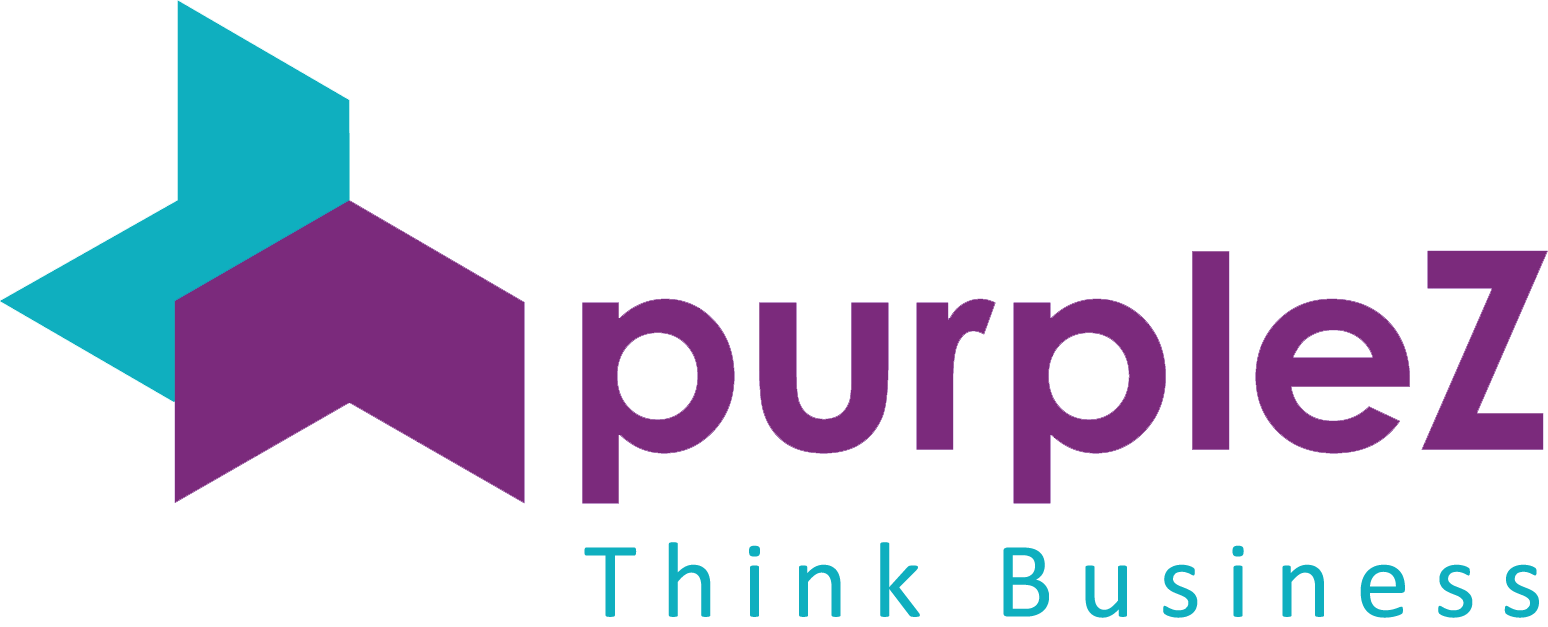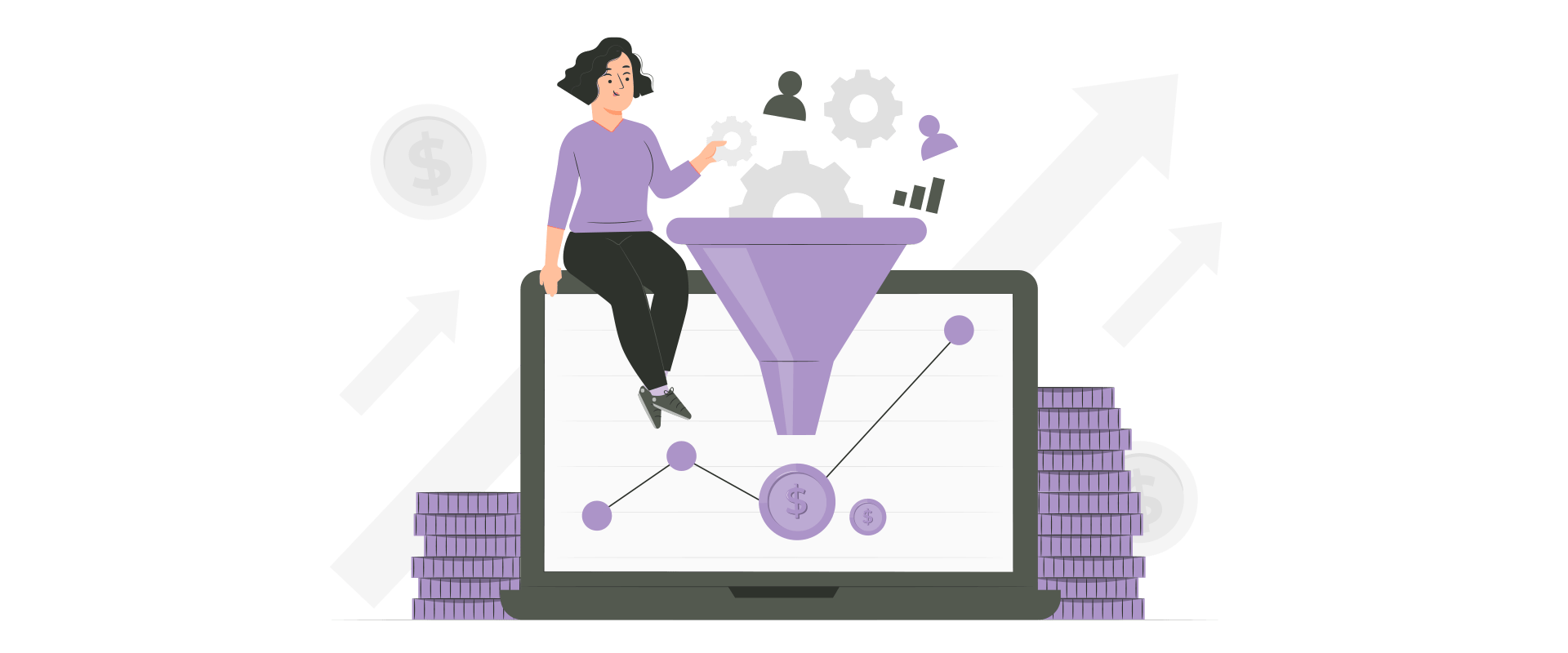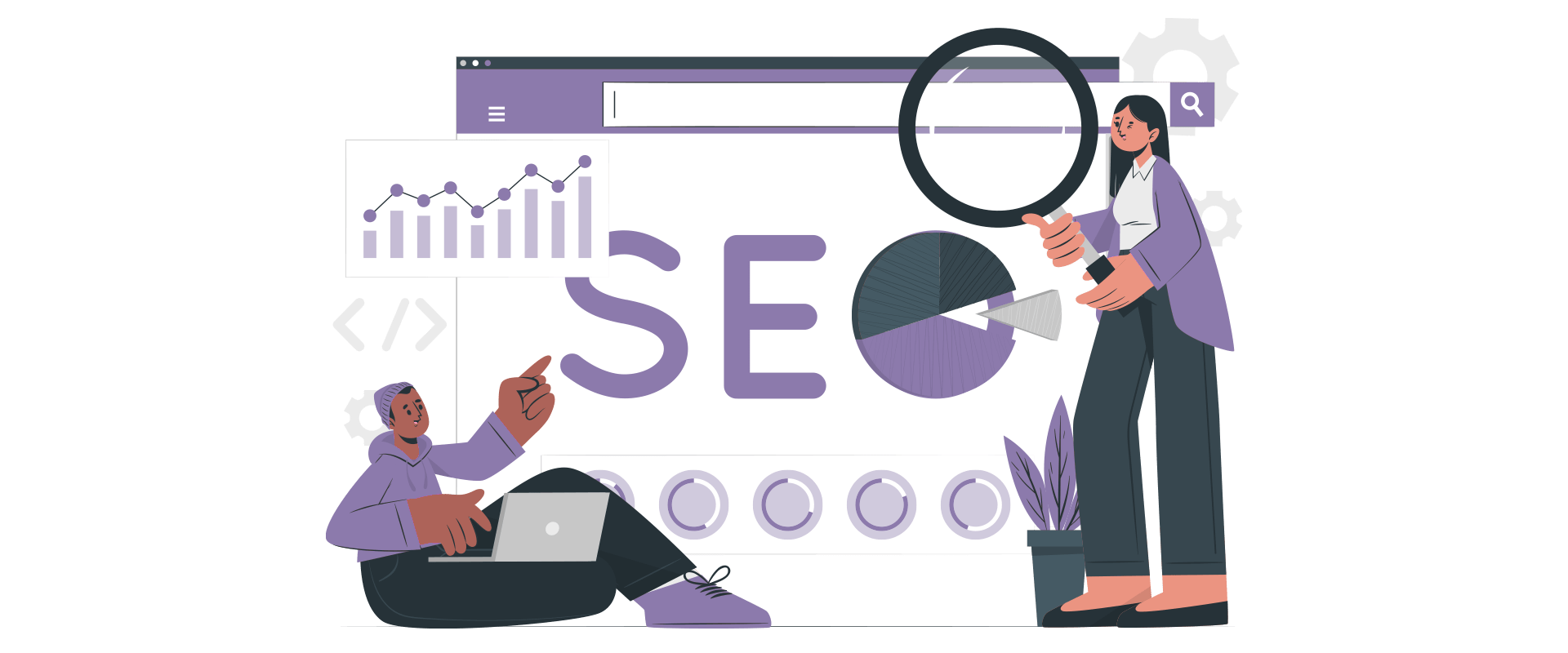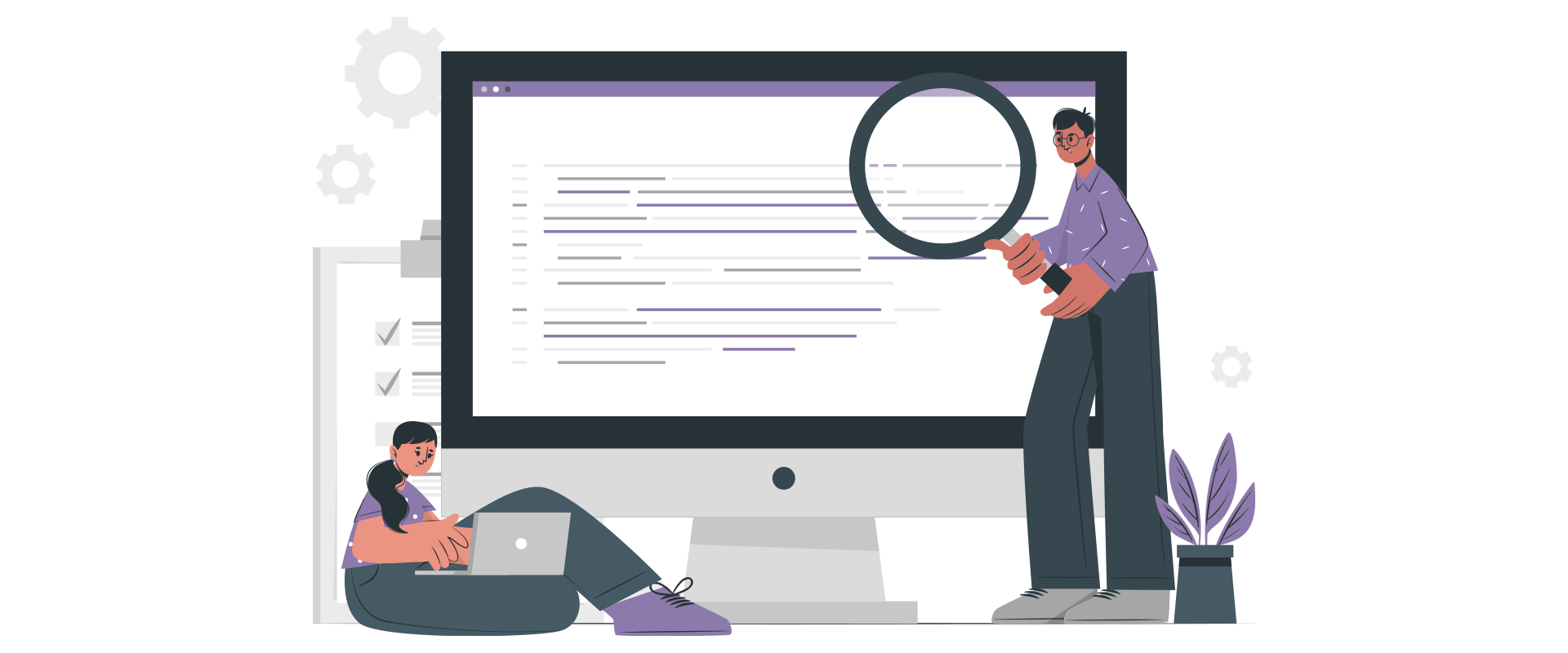Contents
PPC advertising and SEO are two of today’s most effective digital marketing tactics. PPC and SEO working together could drive more viewers to your website and boost conversions.
PPC refers to ads displayed on search engines and other websites that advertisers pay for only when users click. With PPC ads, you can target special keywords and demographics and quickly scale campaigns up or down as needed. However, PPC ads require continuous spending and don’t directly improve search rankings.
SEO refers to organic strategies that improve a website’s position in search results. By optimizing on-page elements and building high-quality backlinks, sites can rank higher for relevant searches. SEO takes time but leads to long-term growth in organic traffic. Unlike PPC, you don’t pay directly for clicks.
While PPC and SEO may seem very different, integrating them thoughtfully can maximize exposure and minimize costs. When used together, PPC and SEO become powerful for sustaining traffic growth over time. Keep reading this blog post by PurpleZ to learn more.
PPC Drives Immediate Traffic
One effective technique for bringing quick traffic to your website is PPC advertising. PPC gives you the ability to create text ads that show up above search results pages when users search for the keywords you’ve selected.
PPC’s primary advantage is that it yields immediate effects. You can begin directing visitors to your website from searches for your keywords as soon as your ads go up. This enables you to reach visitors who are searching for your products and brand online.
PPC also enables you to target your ads by keyword, location, time of day, device, and more. You control who sees your ads to ensure you reach your ideal audience. With thoughtful targeting, you can rapidly increase traffic and exposure for your business.
In addition, you only pay when someone clicks your ad, so it’s a cost-efficient way to attract visitors. PPC helps you scale your marketing quickly and boost website traffic immediately. When combined with SEO, this incoming traffic can also help boost your organic rankings, which we’ll discuss next.
SEO Increases Rankings
Professional SEO services focus on long-term results by optimizing your site for search engines. Unlike PPC ads, which can drive immediate traffic, SEO improves organic rankings through on-page and off-page tactics.
On-page SEO includes optimizing page titles, meta descriptions, headings, content, image alt text, site speed, internal linking, and more. This helps search engines comprehend your pages and determine relevance for queries.
Off-page SEO involves earning high-quality backlinks from other sites. This signals authority and increases rankings. Other tactics like social sharing and local listings also improve visibility.
While it takes time and effort, SEO ultimately provides a better return on investment. Organic traffic is free, and users perceive organic results as more trustworthy. SEO and PPC work hand-in-hand, with SEO providing long-term growth and sustainability.
PPC Identifies Opportunities
One of the key ways PPC and SEO work together is by using PPC campaigns to identify new opportunities to optimize for. PPC provides instant feedback on which keywords are driving conversions and sales. You can use this data to find valuable but untapped keywords that deserve more optimization focus.
For example, you may find certain long-tail keywords are converting well in your PPC campaigns but waiting to rank highly in organic results. This presents a clear SEO opportunity – you can now optimize pages and content to target those high-converting keywords. Add them to title tags, headers, image names, alt text, content, etc.
The PPC data gives you valuable insight into user intent and what searchers seek. You can then align your SEO efforts to give those users the desired answers. This will improve click-through rates from organic listings as well.
Optimizing for the right keywords will also help lower your cost-per-click over time in PPC campaigns. As SEO and organic rankings improve for those terms, more traffic will come through unpaid searches. You’ll get more conversions without having to pay for as many clicks.
So, leverage PPC as a research tool to determine which keywords generate conversions. Then, focus your SEO efforts on optimizing for those terms so you can capture more of that traffic through organic search.
SEO Supports PPC Efforts
Search engine optimization and pay-per-click advertising have a synergistic relationship. High organic rankings from SEO can support and enhance PPC campaigns in a few key ways:
- High organic rankings for a keyword mean you can bid less on PPC for that term. If your site ranks #1 organically for “blue widgets,” you can save money on your PPC bid for that keyword since you already own that real estate.
- Organic rankings act as a safety net if your PPC campaign is paused or has budget cuts. If you suddenly stop bidding on “blue widgets,” you’ll still have visibility from your organic ranking for that term. This provides a layer of protection.
- SEO and organic rankings give you access to long-tail keywords that may be unwise to bid on for PPC. Things like “where to buy inexpensive blue widgets” are likely too granular for profitable PPC bids, but SEO gives you visibility into these long-tail searches.
- High organic rankings lend credibility to your PPC ads. Searchers who see your brand ranking highly in organic results are more likely to trust your brand when they later see PPC ads. The authority boosts your PPC ad CTRs.
In summary, organic SEO and PPC work hand-in-hand to maximize visibility and control costs. SEO provides a strong rankings base, which PPC can build upon by bidding only on the most important complementary keywords. This integrated approach leads to the best results.
PPC and SEO campaigns start with extensive keyword research to identify high-value keywords that align with your target audience’s search intent. By collaborating on keyword research, PPC and SEO teams can find shared keywords that work well for paid search and organic rankings.
Finding profitable long-tail keywords that draw in qualified traffic is made easier with the aid of keyword research tools like SEMrush and Google Keyword Planner. The goal is to discover keywords with high search volume and low competition that both teams can optimize for.
For example, a SaaS company selling project management software could target shared keywords like “best project management app for startups” or “top project planning tools for agile teams.”
Aligning PPC and SEO keyword targeting allows both teams to optimize pages and ads around the same themes. This makes marketing efforts more cohesive and mutually beneficial. Ranking well for keywords also bid on for PPC ads leads to more clicks and conversions at a lower cost-per-click.
Ongoing collaboration on keyword research ensures PPC and SEO efforts continuously evolve and improve over time. Teams can adjust strategies to capture more traffic and lead as search intent changes or new keywords gain traction.
Analysis and Optimization
With PPC and SEO working hand-in-hand, analyzing performance data to identify optimization opportunities is important.
Use analytics to see how much traffic is coming from paid vs organic search. Look at each channel’s click-through, bounce, and conversion rates. This will reveal whether your PPC and SEO strategies effectively drive qualified traffic that converts.
Dig into search query reports to see the keywords and phrases triggering clicks from Google Ads and organic searches. The search terms people are already using to find you are prime targets for optimization.
You can convert search queries well through paid ads and target those in your SEO content. Optimize pages and metadata to rank for those profitable terms.
Keywords that drive a lot of organic clicks can inform your PPC keyword research. Model paid search campaigns around search queries for which you already rank highly.
Continuously optimize PPC ads and landing pages based on search query data. Craft highly relevant ad copy and headlines that speak to people’s interests when searching.
On-page SEO can also be refined based on search terms in your reports. Update page titles, headers, content, URL slugs, and more to laser-target the searches driving the most revenue.
PPC and SEO work better together by leveraging analytics to inform ongoing refinements. The data reveals optimization opportunities to maximize results.
Synergistic Efforts
PPC and SEO work synergistically to increase visibility and drive more conversions for your business. Combining these strategies gives you the best of both worlds: immediate traffic from PPC and long-term organic rankings from SEO.
The paid traffic from PPC campaigns lets you get your site quickly and offers in front of interested searchers. Even if you rank #1 organically, PPC ensures you reach the top of the sponsored results. The extra visibility leads to more clicks and conversions right away.
Meanwhile, over time, SEO builds authority and relevance by optimizing your on-site content and earning high-quality backlinks. As your pages rank higher in organic results, you gain more free traffic from search engines and your PPC ads. So, SEO boosts visibility in organic listings, while PPC provides visibility in paid listings.
The combined effect is greater visibility across both sponsored and organic results. This leads to more overall site traffic and conversions over time. The synergistic efforts produce better results than either strategy could deliver individually. More visibility means more customers and revenue for your business.
Frequently Asked Questions
What Are PPC and SEO?
- PPC (Pay-Per-Click): A model of internet marketing where advertisers pay a fee each time one of their ads is clicked. Essentially, it’s a way of buying visits to your site, rather than attempting to “earn” those visits organically.
- SEO (Search Engine Optimization): The practice of increasing the quantity and quality of traffic to your website through organic search engine results. It involves making changes to your website design and content to make your site more attractive to a search engine.
How Can PPC and SEO Work Together?
PPC and SEO can work together by aligning their strategies to improve visibility, drive more traffic, and increase conversion rates. For instance, using PPC to test keywords can inform SEO strategy on what keywords to target for organic search optimization. Additionally, appearing in both paid and organic search results can increase credibility and brand presence.
Can PPC Help Improve SEO Performance?
Directly, PPC does not affect SEO rankings. However, PPC can complement SEO efforts by increasing visibility to your targeted audience, which can lead to more organic visits over time. Insights from PPC campaigns, like keyword performance and user behavior, can also inform and improve SEO strategies.
Why Should a Business Use Both PPC and SEO?
Using both PPC and SEO provides a dual strategy that leverages the strengths of each. While SEO takes time to build rankings organically, PPC can provide immediate traffic and visibility. Together, they ensure that you’re visible in both paid and organic search results, maximizing your reach and potential to attract clicks and conversions.
In Conclusion
When combined, paid search (PPC) and organic search (SEO) provide complementary results for a comprehensive digital marketing plan. Businesses that work together can increase relevant traffic to their website and improve search engine results page (SERP) exposure.
While PPC displays your adverts to consumers who are actively looking for your goods or services, SEO gradually establishes authority and ranks your pages so that you don’t have to pay for each click.
When done right, PPC provides a fast lane to get website traffic, while SEO focuses on long-term positioning and conversions. PPC identifies new opportunities and keywords to target, while SEO makes your whole site friendlier for search engines and users. Both play an important role in a business’s growth.
In summary, PPC and SEO have a symbiotic relationship where they feed off each other’s strengths. PPC provides quick volume and visibility and surfaces new customer segments. SEO brings authority, organic growth, and brand-building over the long haul. Rather than compete, savvy digital marketers use PPC and SEO together to maximize traffic, leads, and sales.
Invest in paid and organic optimization to fully leverage search in your strategy. Analyze the data, find synergies between efforts, and continuously test and improve. With PPC and SEO working together, your website and brand will become more discoverable, visible, and successful online.
Take advantage of the powerful combination of PPC and SEO to boost your business today! Our digital marketing experts can help develop and implement an integrated strategy tailored to your unique goals and needs.
We’ll conduct in-depth keyword research to identify high-value search terms, create targeted paid ads to drive qualified traffic and optimize your pages for better rankings – all working together to get your brand found.
Keep potential customers on the table.
Request a free consultation now to learn more about maximizing PPC and SEO. You can increase visibility, conversions, and sales with an effective integrated approach. Get started, and let us help take your online presence to the next level!
